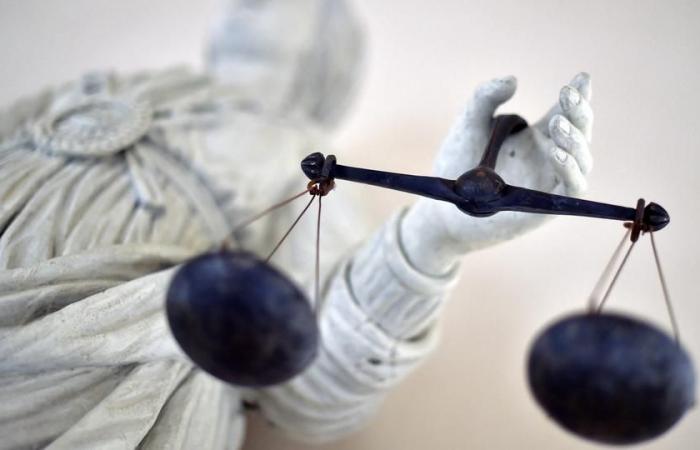The Court of Cassation reaffirmed the possibility of appropriating someone else's property by being… in bad faith. But a very specific condition must be respected, explains the court.
It is of no importance, in order to call oneself an owner, to have used the property of others in good or bad faith for thirty years, provided that “this was done in full view of all”. The Court of Cassation, which ruled to the contrary in February, finally reaffirmed this principle.
The law allows you to claim ownership of real estate that you have used for thirty years in a peaceful, public, unequivocal manner and as owner. This case arises frequently because the courts are often seized of disputes on this possibility, reports AFP.
Bad faith, not an obstacle
In this concrete case, a neighbor demanded recognition of his ownership of rural plots of land that he had used for more than thirty years in full view of everyone, to the point that the entire neighborhood believed him to be the owner. But the town contested. This neighbor knows perfectly well that he is not the owner, she said, since he once wrote to the real owners to offer them to buy.
But “the awareness of not being an owner has no impact on the assessment of one’s intention to behave as such,” ruled the Court of Cassation. Bad faith is therefore not an obstacle.
Last February, she ruled on the contrary that to appropriate someone else's land by prescription, using it in full view for thirty years, one should not show bad faith.
It is not possible to claim ownership when, on two occasions, one has proposed to acquire, she then judged, because by acting in this way, one admits that one knows that one is not the owner. This case law has now been abandoned.







